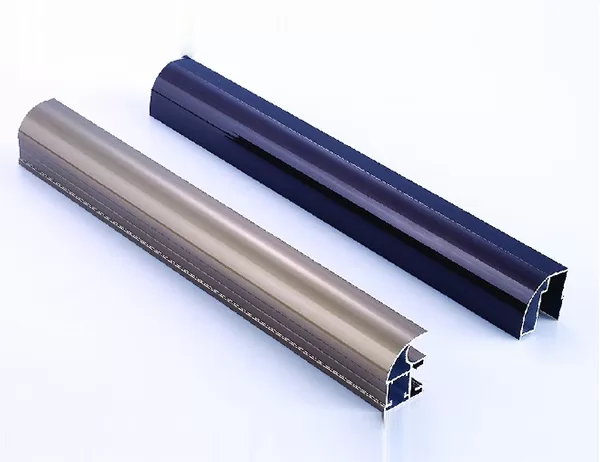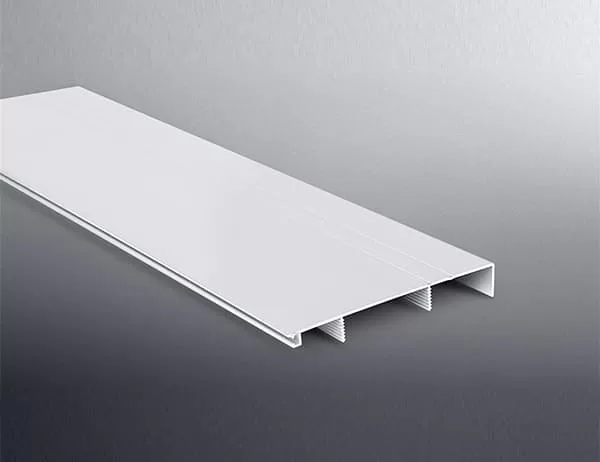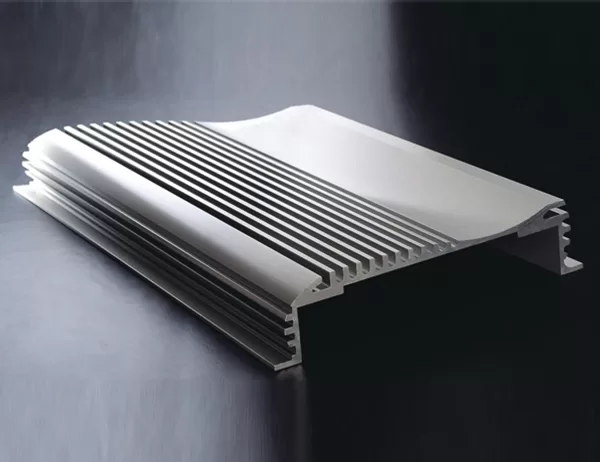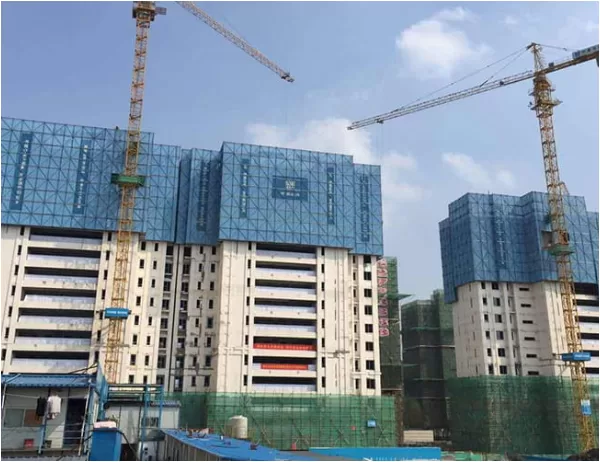Industrial aluminum profiles offer a wide range of environmental benefits throughout their lifecycle, from production to recycling. Their sustainability credentials make them a compelling choice for industries seeking to minimize their environmental impact.
Durability and Longevity
Aluminum is an incredibly durable metal with a long lifespan. Industrial aluminum profiles can withstand harsh conditions, including exposure to corrosion, extreme temperatures, and mechanical stress. This durability reduces the need for frequent replacements, resulting in significant savings on materials and labor.
Recyclability
Aluminum is one of the most recyclable materials on the planet. Industrial aluminum profiles can be recycled time and again without degrading their properties. The recycling process consumes less energy than manufacturing new aluminum, conserving natural resources and reducing greenhouse gas emissions.
Energy Efficiency
Aluminum is a lightweight material, which reduces the energy required for transportation during both production and use. Its high thermal conductivity allows for efficient heat dissipation, reducing energy loss and contributing to lower operating costs.
Emissions Reduction
The production of aluminum profiles involves the use of electrolytic cells. These cells can emit perfluorocarbons (PFCs), which are potent greenhouse gases. However, modern technologies have significantly reduced PFC emissions from aluminum production, making industrial aluminum profiles a more environmentally friendly option.
Sustainable Supply Chain
Responsible sourcing is crucial for maintaining the environmental sustainability of aluminum profiles. Companies can ensure the ethical and sustainable extraction and processing of aluminum by partnering with suppliers that adhere to responsible practices, such as reducing waste and minimizing water consumption.
Reduced Waste
Industrial aluminum profiles are prefabricated, which minimizes waste during manufacturing and installation. Their precise dimensions and consistent quality reduce the need for additional materials and eliminate the risk of errors, resulting in less landfill waste.
Enhanced Air Quality
The use of aluminum profiles in construction can improve air quality by reducing the emission of volatile organic compounds (VOCs). VOCs contribute to smog formation and can cause respiratory problems. Aluminum profiles are non-toxic, do not emit harmful fumes, and do not absorb odors, providing a healthier indoor environment.
Conclusion
Industrial aluminum profiles offer a multitude of environmental benefits, making them an attractive choice for companies seeking to reduce their ecological footprint. Their durability, recyclability, energy efficiency, emissions reduction, sustainable supply chain, reduced waste, and enhanced air quality contribute to a more sustainable manufacturing and construction sector. By embracing industrial aluminum profiles, industries can reap the benefits of environmental responsibility while maximizing performance and cost-effectiveness.




